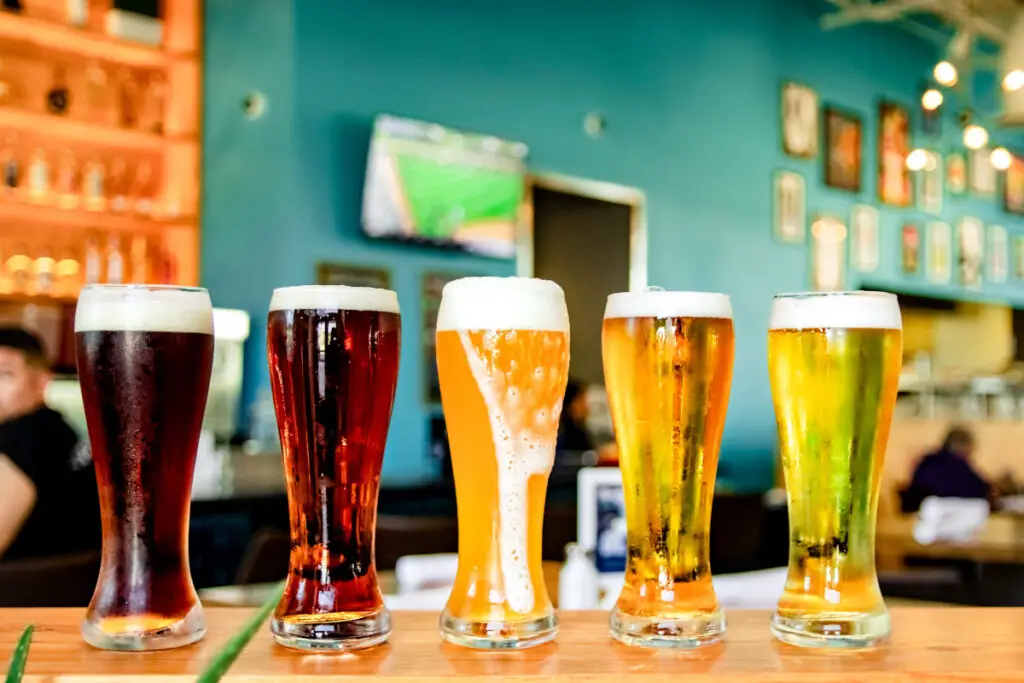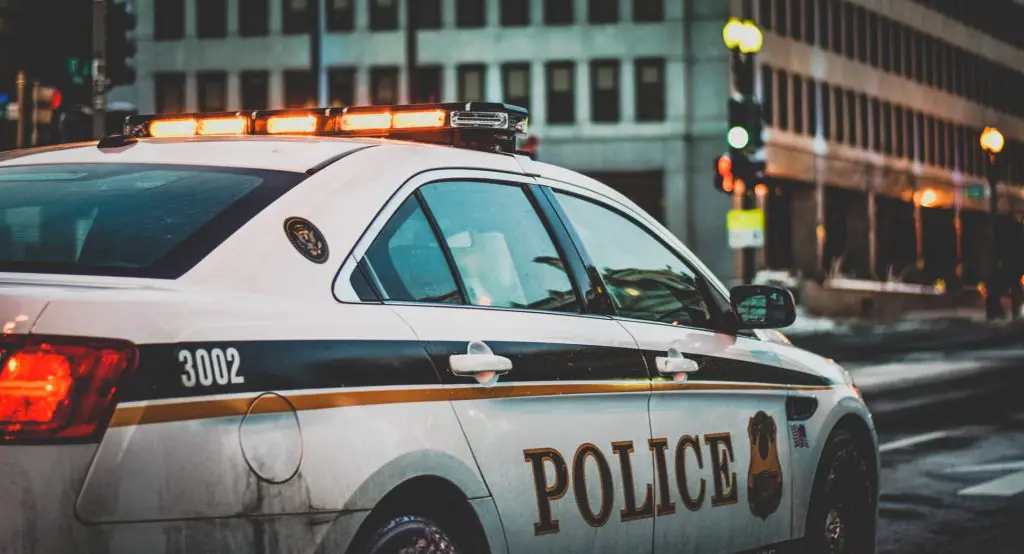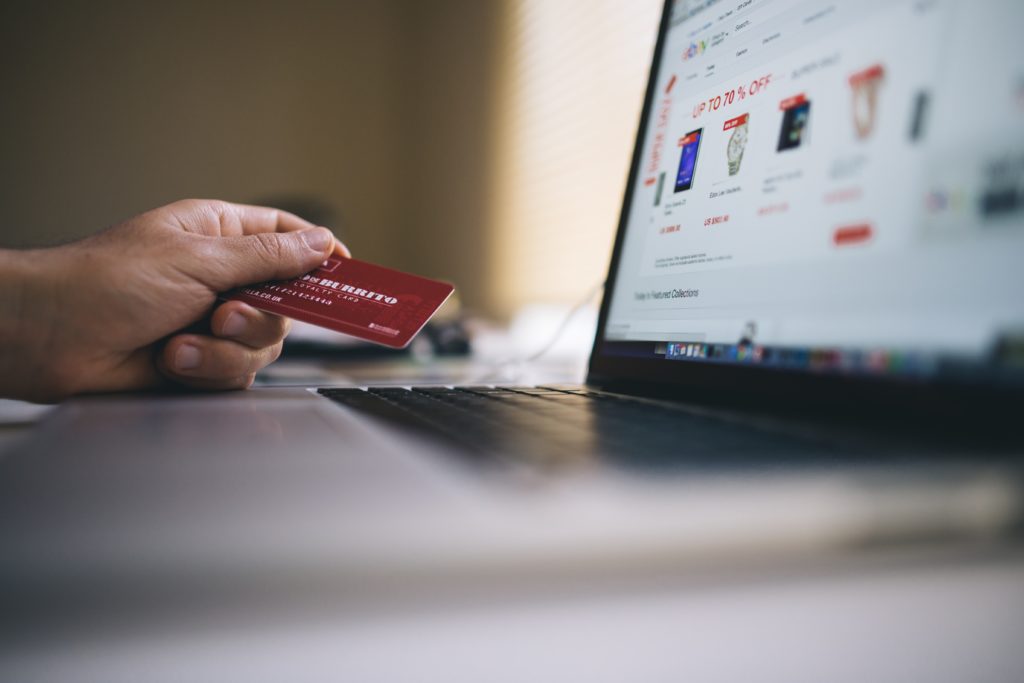Taking a break during the workday is essential for recharging and maintaining productivity. For some individuals, this break may include indulging in a refreshing beverage, such as an alcoholic drink. However, the question arises: Can you drink on your lunch break? In this blog post, we will explore the legal aspects surrounding this issue and discuss the potential consequences that can arise from consuming alcohol during your lunch break.
What is the legal drinking age?
Before delving into the topic further, it is important to establish the legal drinking age. The legal drinking age varies from country to country, and even within regions. In the United States, for example, the legal drinking age is 21. In some European countries, such as Germany and the United Kingdom, the legal drinking age is 18. It is crucial to know and abide by the laws regarding the legal drinking age in your jurisdiction.
See Also: When is it Legal to Back Up on an Expressway?
You Could Be Arrested for Public Intoxication or Drinking in Public
While it may be legal to consume alcohol during your lunch break if you are of legal drinking age, there are certain legal limitations that must be considered. One important factor to keep in mind is whether you are consuming alcohol in a public place. In many jurisdictions, drinking alcohol in public areas, such as parks or streets, is prohibited.
If you decide to have a drink during your lunch break in a public setting where such activities are not allowed, you could potentially be subject to legal consequences. Public intoxication laws are in place to prevent individuals from endangering themselves or others due to impaired judgment. While these laws can vary, they generally aim to ensure public safety and order. Thus, it is essential to be aware of and respect these regulations to avoid unnecessary legal issues.
See Also: Can You Go to Jail for Using a CPN to Get an Apartment?
Your Employer Can Fire You for Coming to Work Drunk
While it may be legal to consume alcohol during your lunch break, it is essential to consider the potential ramifications within your workplace. Even if you are not breaking any laws, your employer may still have policies in place regarding alcohol consumption during work hours.
It is within an employer’s rights to prohibit drinking during work breaks, including lunch breaks, for a variety of reasons. These reasons can range from concerns about impaired performance and safety to maintaining a professional environment. Employers have a responsibility to ensure a productive and safe work environment, and if they deem drinking during lunch breaks to be disruptive or detrimental to the workplace, they may have grounds to terminate your employment.
Furthermore, if consuming alcohol during your lunch break leads to impairment that affects your ability to perform your job effectively, it can result in disciplinary actions or termination. This is particularly relevant for jobs that involve operating machinery, driving, or handling sensitive materials. Drinking at lunch might not be against the law, but for some people performing their work duties while intoxicated could be a crime.
Exercise Caution and Moderation
It is a good idea to exercise caution and moderation when drinking on your lunch break. By adhering to local laws, refraining from drinking in public places where it is prohibited, and being mindful of workplace policies, you can minimize the potential legal and professional consequences associated with alcohol consumption during work breaks.
Moreover, it is important to remember that alcohol affects individuals differently, and consuming excessive amounts of alcohol can impair your judgment and ability to function effectively. To maintain productivity, it is advisable to limit alcohol consumption during work hours and prioritize responsible drinking practices.
Conclusion
In summary, the legality of drinking on your lunch break largely depends on your jurisdiction’s laws and the specific policies of your workplace. While it may be legal for individuals of legal drinking age, it is essential to be aware of any restrictions on drinking in public places and any workplace policies that may prohibit alcohol consumption during work breaks. Ultimately, practicing responsible drinking and adhering to relevant regulations will help you avoid potential legal issues and maintain a professional and productive work environment.
Image provided by scop.io



